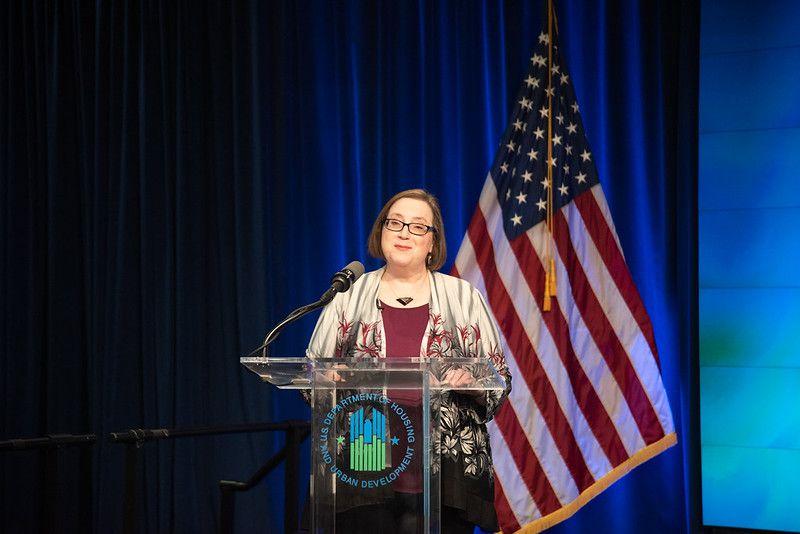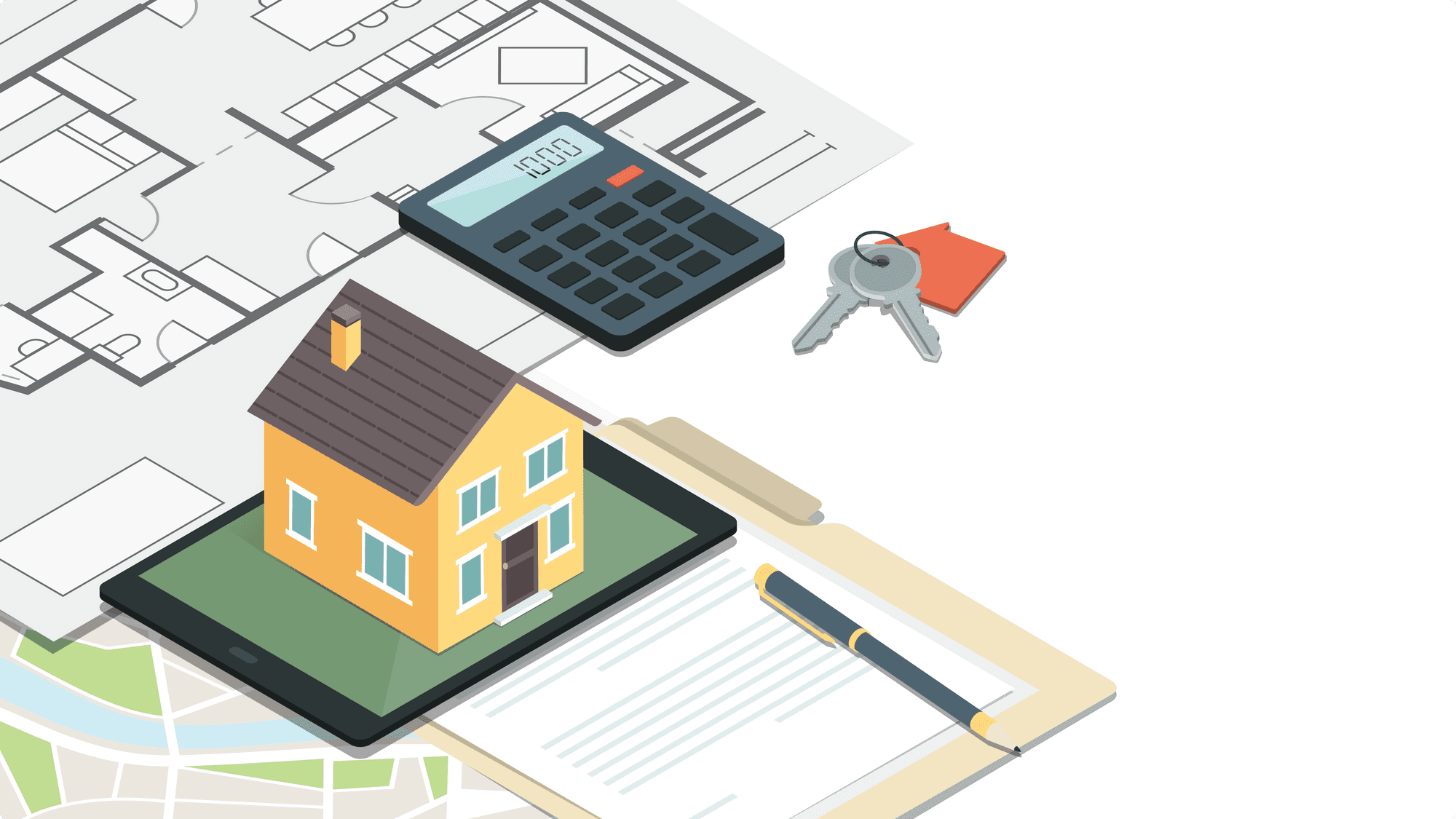
FHA vs Conventional Loan: Key Differences
FHA loans are often best when looking to minimize out of pocket cash & down payment. Conventional loans are for borrowers with strong credit & more liquid assets.

Low Down Payment Home Loans
Of the four major mortgage loan programs, FHA and conventional are the most popular. They are essentially available to anyone who qualifies and are offered in all 50 states, D.C., and U.S. territories.
The remaining two options, VA and USDA, offer no down payment mortgage loans. However, they are only available to those who meet eligibility requirements. If you are in the military, a veteran, or looking for a home in a less populated area, it's worth it to explore VA loans and/or USDA loans.
Explore Down Payment Options
| Loan Type | Min. Down | Link |
|---|---|---|
| Conventional | 3% | Mortgage Calculator |
| FHA | 3.5% | FHA Calculator |
| VA | $0 | VA Calculator |
| USDA | $0 | USDA Calculator |
Brief Synopsis of FHA and Conventional Home Loans
There are several aspects of FHA and conventional home loans that need to be observed when determining which option is right for you. The following items differ between the two loans and impact decision making.
- Down Payment
- Interest Rate
- Mortgage Insurance
- Duration of Mortgage Insurance
- Credit Score Impact on Interest Rate and Mortgage Insurance
Conventional Loan
A conventional mortgage is traditionally what homeowners have used to purchase a home. Conventional loans are comparatively simplistic. If you've ever heard the terms Fannie Mae and/or Freddie Mac, those are entities that regulate conventional loans. They provide guidelines for banks and mortgage lenders to adhere to in order to continue originating conventional mortgage loans.
Originally, most conventional loans included 20% down payments. However, conventional loans now permit as little as 3% down as long as the mortgage has protection in place in the form of mortgage insurance. Conventional mortgage insurance is referred to as PMI and is covered later.
For purposes of comparing conventional loans with FHA, 3% and 5% down payments are the most relevant. If you are making a traditional 20% down payment, there are few scenarios where FHA makes sense. If you are unsure about your down payment, our down payment calculator is helpful.
FHA Loan
FHA loans are the most popular low down payment mortgage loans. The Department of Housing and Urban Development (HUD) is a government organization that oversees the FHA loan program. The program is funded by FHA's own versions of mortgage insurance, similar to conventional loans with less than 20% down payments.
FHA loans require only a 3.5% down payment and can offer more favorable underwriting criteria than conventional loans. The smaller down payment requirement makes FHA loans popular with first-time homebuyers.
Comparing FHA and Conventional Loans
The most common mortgage is the 30-year fixed rate loan. All examples use those parameters.
Down Payment
The easiest, most straightforward difference to compare is down payment. While you can always put more down than the minimum, most homebuyers using FHA will go with 3.5%. Alternatives for those buyers are 3% and 5% down payment conventional loans, respectively.
| Down Payment | |||
| Purchase Price | FHA | 3% Conv. | 5% Conv. |
|---|---|---|---|
| $150,000 | $5,250 | $5,000 | $7,500 |
| $420,680 | $14,724 | $12,621 | $21,034 |
$420,680 is the base FHA loan limit. Higher limits are available in certain areas.
The lower the purchase price, the lower the gap between the various down payments. Obviously, 3% is always going to be lower than 3.5% or 5%. So why would anyone choose FHA or 5% down when 3% is available?
Conclusion
The most important takeaway when comparing FHA loans to low down payment conventional loans is that you have options. Work with a lender to discover which option is right for you. Both types of loans are extremely popular because every borrower is different. What is right for one is not always right for another. Start early by getting pre-approved with one or more lenders.
You can compare FHA loan payments to similarly structured conventional loans to get an idea of where you stand before speaking to a lender. Being aware of your options is a solid foundation on your path to becoming a homeowner.
Choosing between an FHA and a conventional loan is just one part of homeownership. Planning your move? This moving cost calculator helps you prepare financially.



![What is Earnest Money? [Everything You Need to Know in 2025]](/_next/image/?url=https%3A%2F%2Fs3-us-west-2.amazonaws.com%2Fwhatsmypayment.com%2Fcontent%2Fimages%2F2024%2F09%2FEarnest-Money.jpeg&w=3840&q=75)





